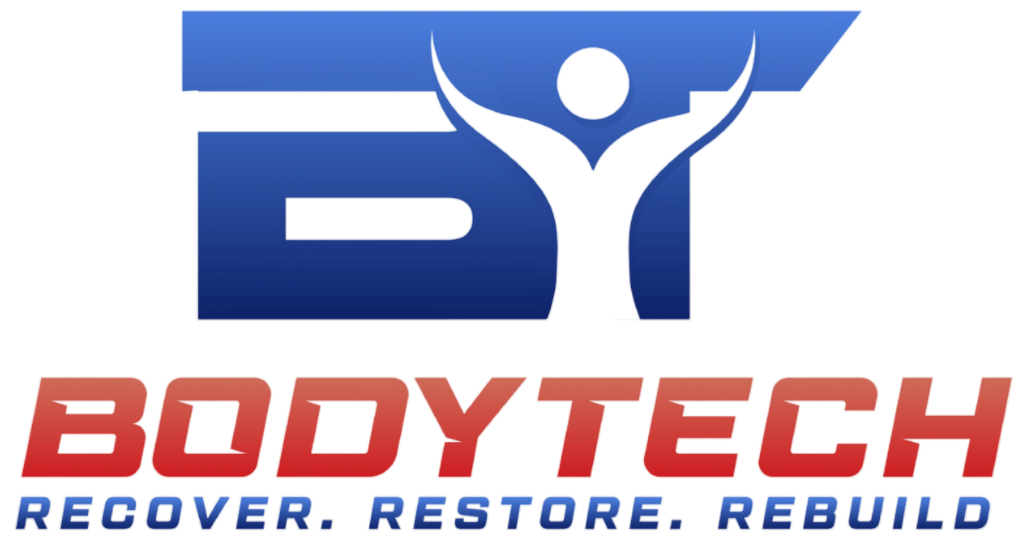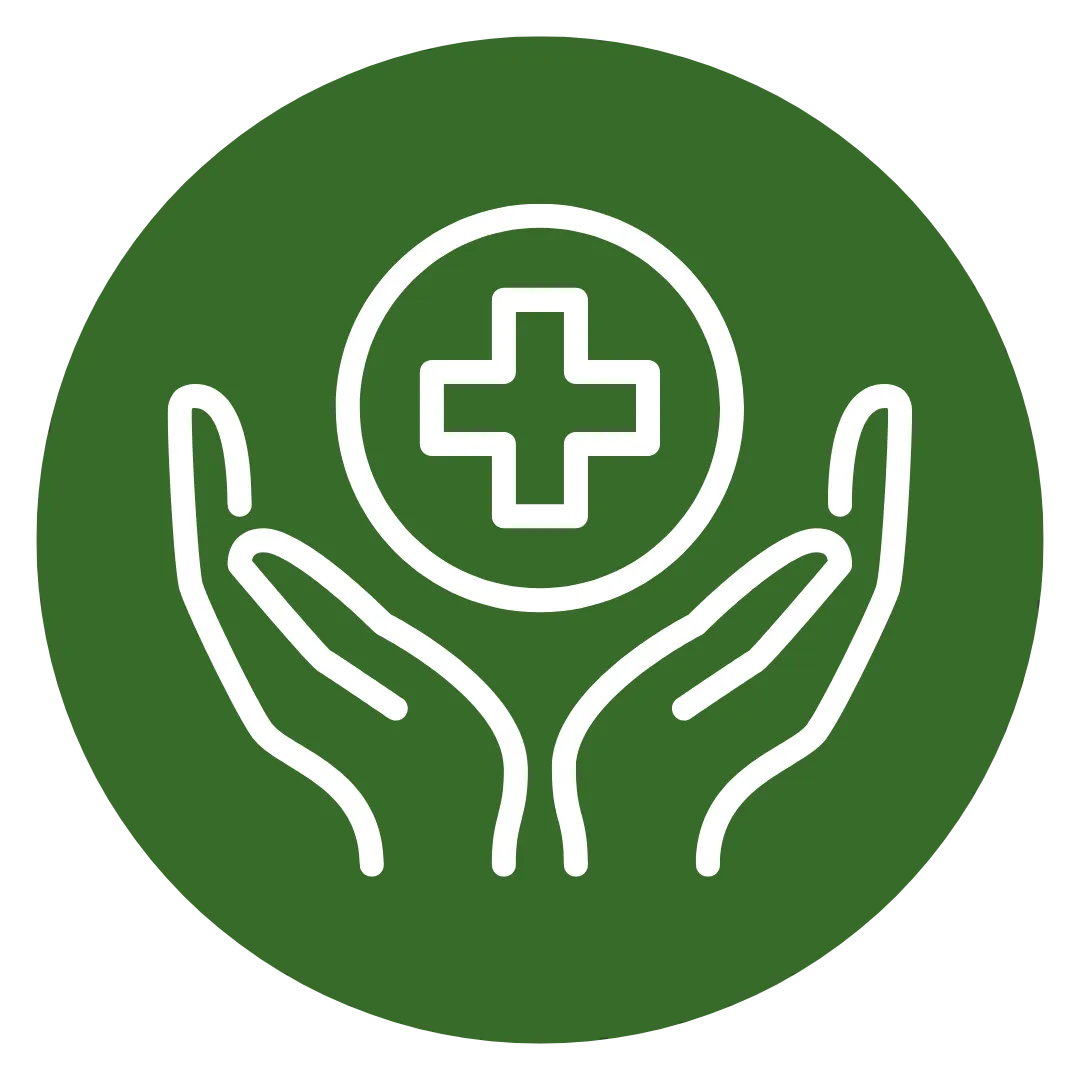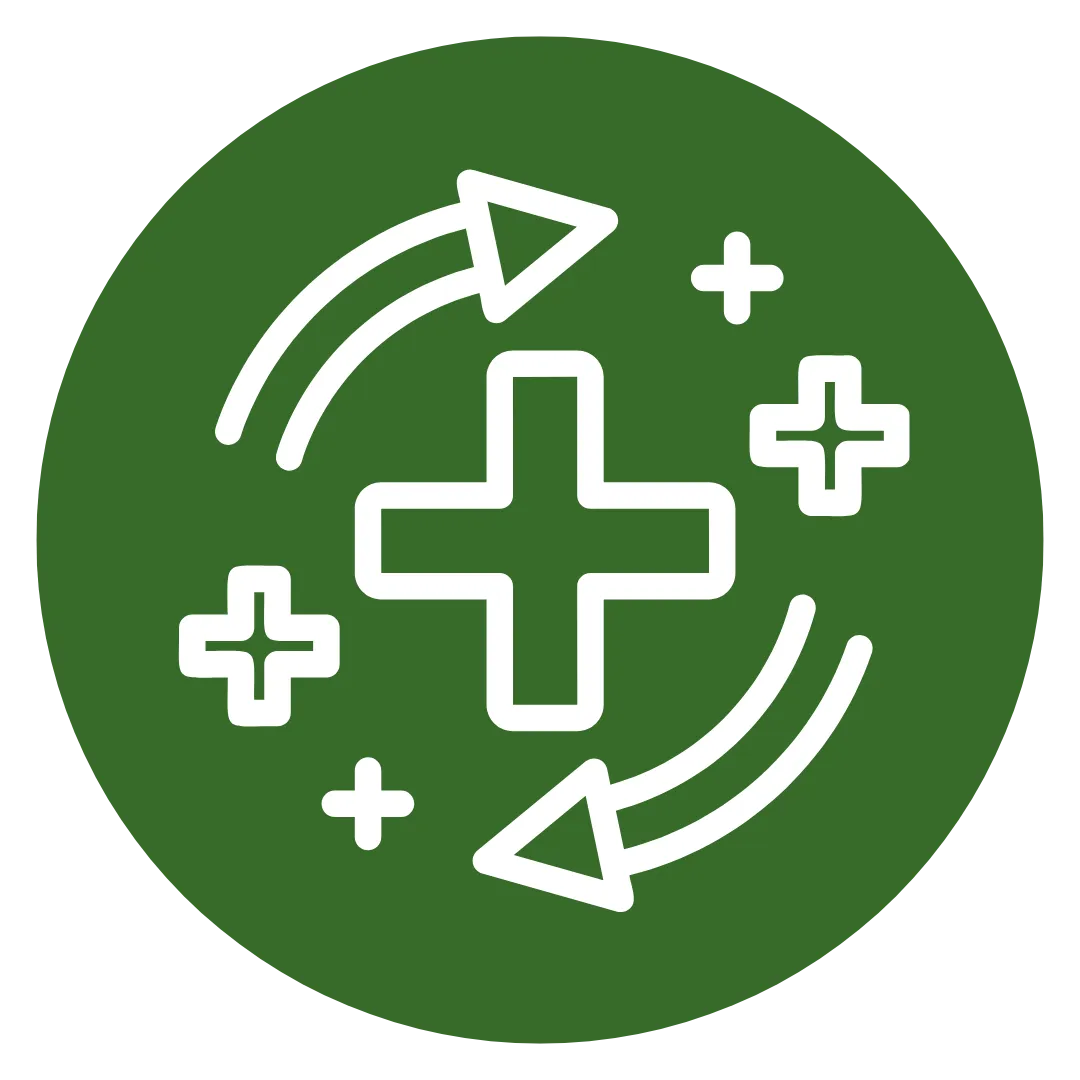RECOVERY. REDEFINED.
MOVEMENT IS MEDICINE.
HEALING STARTS HERE.
BodyTech is built for people who refuse to let pain define them. We make the connection between science, movement, and recovery — and turn it into real results.
About Us


Built for Healing.
Backed by Purpose.
About BodyTech
Built for Healing.
Backed by Purpose.
At BodyTech, recovery isn’t just what we do — it’s who we are.
BodyTech was created to transform the way people experience healing: through movement, intention, and a deep understanding of the human body’s power to rebuild.
Whether you’re navigating post-surgical recovery, chronic pain, or performance plateaus, BodyTech provides the strategies, tools, and support to help you move forward with strength and purpose.
Our Services
Your Recovery, Your Way.
featuring
THE PAIN PLAYBOOK
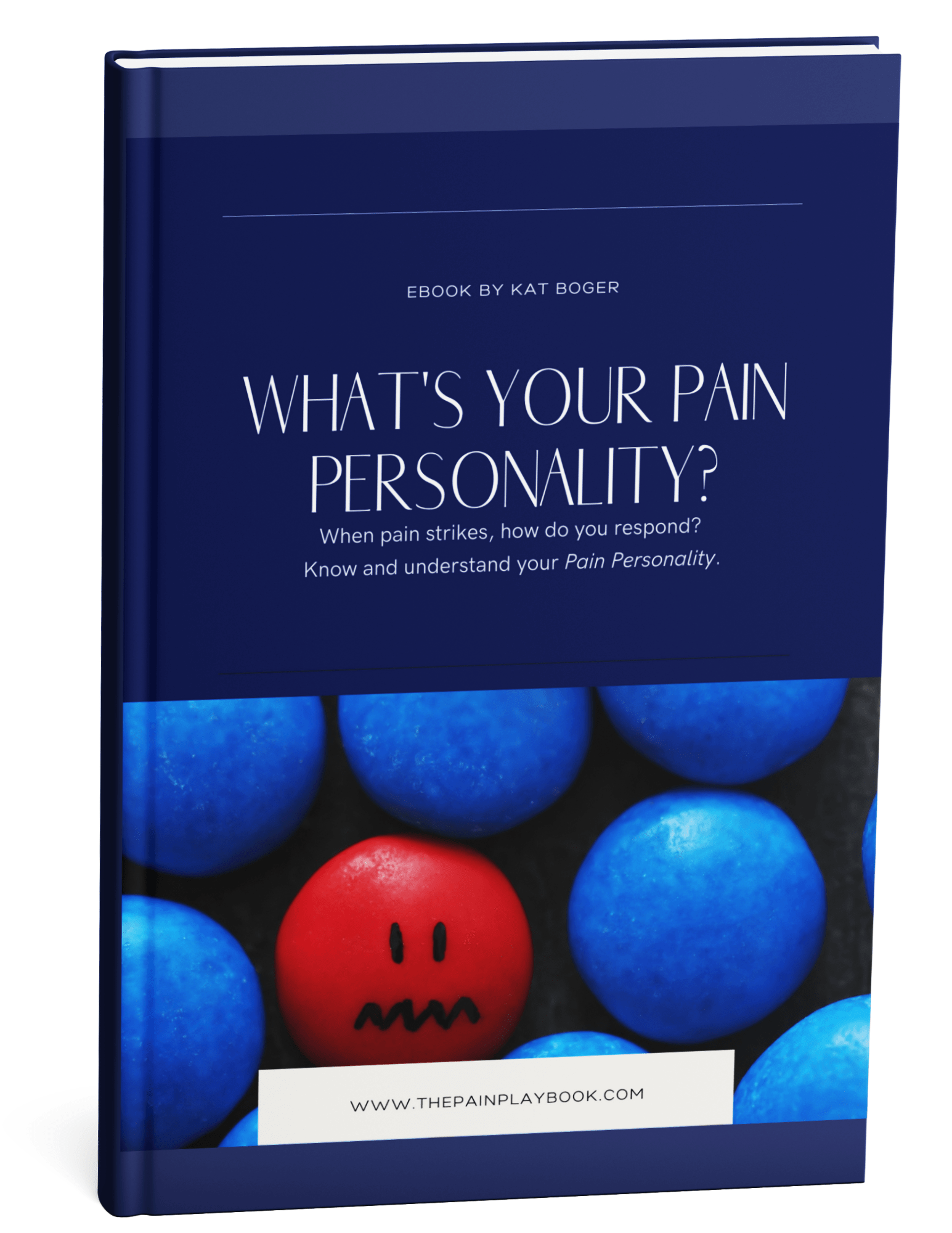
Because Healing Isn’t Just Physical. It’s Personal.
The Pain Playbook is the education hub powered by BodyTech where we turn science and experience into self-management strategies you can use. From stress and pain to hormonal health and recovery hacks, we explore the why behind the work and how to reclaim control over your healing journey.
WHY BODYTECH?
Experience You Can Feel. Expertise You Can Trust.
Recovery built around you, not just your diagnosis.
Movement-based solutions rooted in science and experience.
Coaching that empowers you to self-manage, not just survive.
A team that treats you like a person, not a protocol.
Real Stories. Real Recovery.

Alex C.
trainer with hip pain & discomfort)
Alex C.
trainer with hip pain & discomfort)

Kat is a magician! It took her literally one minute to figure out what was causing my problems and I walked out pain free after one session!

Theresa P.,
client with lymphadema
Theresa P.,
client with lymphadema

Kat is a wonderful caring professional therapist.

Rob F.
Rob F.

Kat is amazing and, hands down the best in the business.

Clea M.
Clea M.

Pedro has been an incredible trainer with an impressive depth of knowledge and experience. At 55, I’m stronger than ever and excited to see what I can accomplish. With Pedro showing me, I can exceed my own expectations.

Stephanie W.
Stephanie W.

In the time that I’ve been training with Pedro, I’ve become stronger and fitter.”

Peter G.,
marathon runner
Peter G.,
marathon runner

I think I have a pretty low tolerance to pain, but Kat does a great job of getting deep into my muscles without causing a lot of pain."
Browse Our Articles
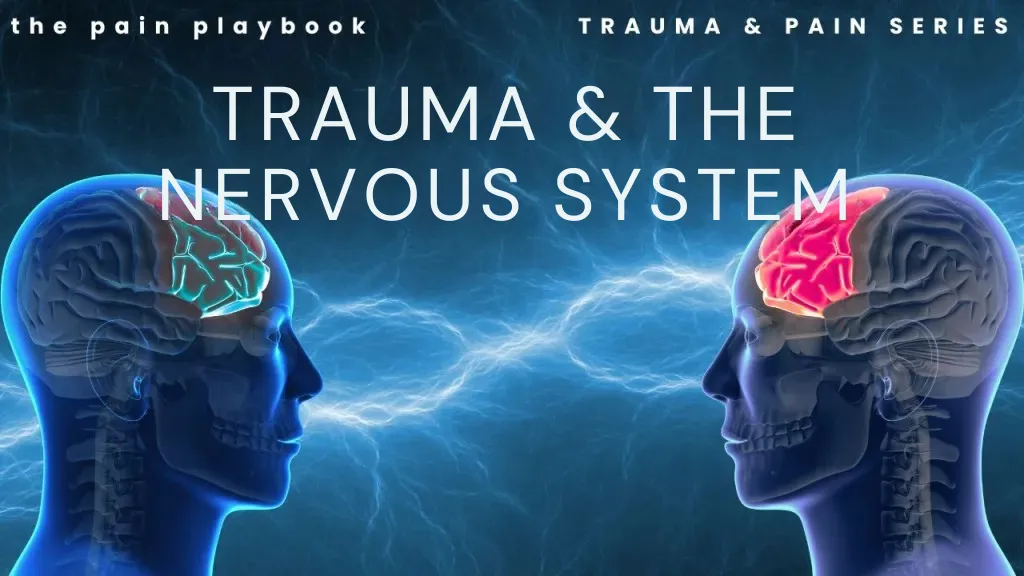
What Trauma Does to the Nervous System
Why Pain Lingers
Trauma & Pain Blog Series – Part 2
We tend to think of trauma as something that happened then.
But your nervous system doesn’t use a calendar.
If you’ve experienced trauma—whether physical, emotional, or psychological—your nervous system may still be reacting as if the danger never ended. And this has a profound effect on how you experience pain.
Your Nervous System Doesn’t Forget
According to Dr. Bessel van der Kolk, author of The Body Keeps the Score, trauma changes the very wiring of the brain and nervous system. In fact, it’s not about memory—it’s about survival.
“Traumatized people chronically feel unsafe inside their bodies.”
(The Body Keeps the Score)
After trauma, your system may become hypervigilant, constantly scanning for threat. This can make your brain overreact to minor signals like tension, fatigue, or normal pressure, and interpret them as danger. In short: your pain alarm gets too sensitive.
This state is known as central sensitization—and it’s a big reason why trauma survivors often experience chronic pain, even without a clear physical cause.
Trauma Keeps the System Stuck in “On” Mode
When you experience trauma, your system shifts into survival mode:
Fight. Flight. Freeze. Fawn.
If there was no opportunity to complete that response (for example, if you couldn’t escape, speak up, or move), your body may still be holding that energy.
Here’s what that might look like:
Muscle guarding that never relaxes
Shallow, anxious breathing
Disrupted sleep cycles
Chronic headaches, neck or jaw tension
Pain flare-ups that follow emotional stress
Even years later, the body may respond to perceived threat with real, physical pain.
Pain as Protection, Not Damage
Your body isn’t broken. It’s trying to protect you.
You are not broken.
When the nervous system gets stuck in the past, it overreacts to the present.
A twinge becomes a flare. A stressful day becomes a pain spike.
You start avoiding movement, rest doesn’t help, and treatments that “should” work… don’t. (Remember that pain cycle?)
Good News: The System Can Change
The nervous system is designed to adapt. With the right support and input, it can learn to downshift out of survival mode and into healing mode.
That’s what we focus on at BodyTech:
Helping your system feel safe again through movement, touch, and coaching
Teaching tools to regulate pain at the nervous system level, not just the muscular level
Guiding you toward recovery with compassion—not pressure
You don’t have to push through pain. You can work with your body to move forward.
Next Up:
Part 3: Is Trauma Hiding in Your Pain? 5 Signs to Watch For
Ready to Move Forward?
Whether you’re recovering from surgery, managing pain, or ready to redefine how you move through life, we’re here for it. Recovery starts with the first step. Let’s take it together.
